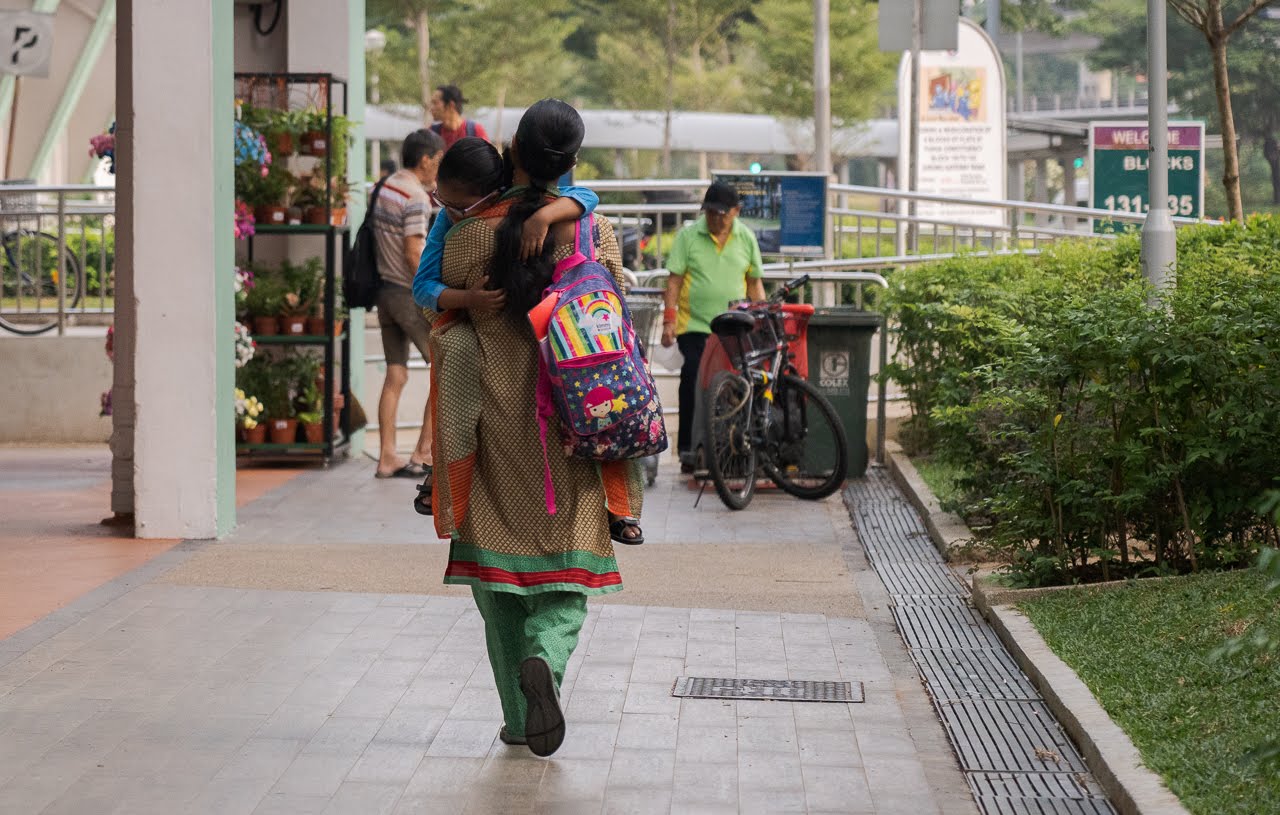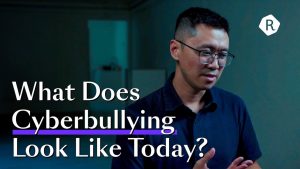All images RICE file photos.
This is the second part of the interview; you can read Part One here.
Sophie: Earlier on, we spoke about why MUBI was designed to be financed via tax increases rather than drawing on the reserves. What would you say to people who would rather donate to charity at their discretion, rather than being made to pay higher taxes?
Qiyan: The first thing is that it’s not easy to decide where to donate our money. Most of us don’t have a lot of information about low-income families and their needs, or social services and how they are helping people. We may have information about one agency, for example, Agency A provides food rations; but we may not know how many other agencies are out there providing food rations. Would there be duplication? And so on and so forth.
So there are a lot of issues in deciding where to donate, and most people would probably put off donating. But even if they don’t delay, because of difficulties with information and coordination, money could be over-channeled to certain areas while other important ones are underfunded, creating gaps.
The current situation is also unique in that Covid-19 is not something anyone expected to happen. Most people who lost their income would have been retrenched. So is the best way to help them giving them donations in-kind, or giving them cash assistance?
Again, the general public may not understand this, and see their individual actions as isolated from others’. You might decide to donate food, on the basis that other people can provide cash. But if everyone thinks that way, then families will have a lot of food but no cash. MUBI would be universal, which would help these families pay for utilities, Internet, some food. On this basis, we can then think about how else we can help them.
Walter: I guess the more philosophical question at play here is: what do we think charity is good at, and what do we think government—meaning, I force people to pay some taxes to provide this service— is good at?
I think when you look at how many societies have progressed over time, there’s been a general sense that government is the best place to provide certain basic services and meet certain basic needs. Charity can do a good job of filling gaps around that, but I don’t think any functioning society would agree that it should be the primary way of meeting basic needs.
Take education. Until independence, education was seen as something which was provided privately. So there was no mass government provision of schools; there were many independent schools, and these were supported by charity, whether a clan association or church or whatever.
You might ask: well, if charity did such a great job, then why did we nationalise schools, and why do most countries do this? It’s because countries have realised that up to a certain point, education is a basic need, and if you leave it up to charitable provision, you don’t get even, universal coverage with certain basic standards in place. You end up with some groups being massively over-supplied, and others not supplied at all. So there’s a consensus in almost every country that education is something which the government taxes people to provide on a national basis.
MUBI aims to do something similar. It aims to provide people with a basic amount of income security at this time. Charity can do a lot of things to help people at this time, but to help everyone with basic income security—that’s not something I think charity should be aiming to do. And cannot do, in fact.
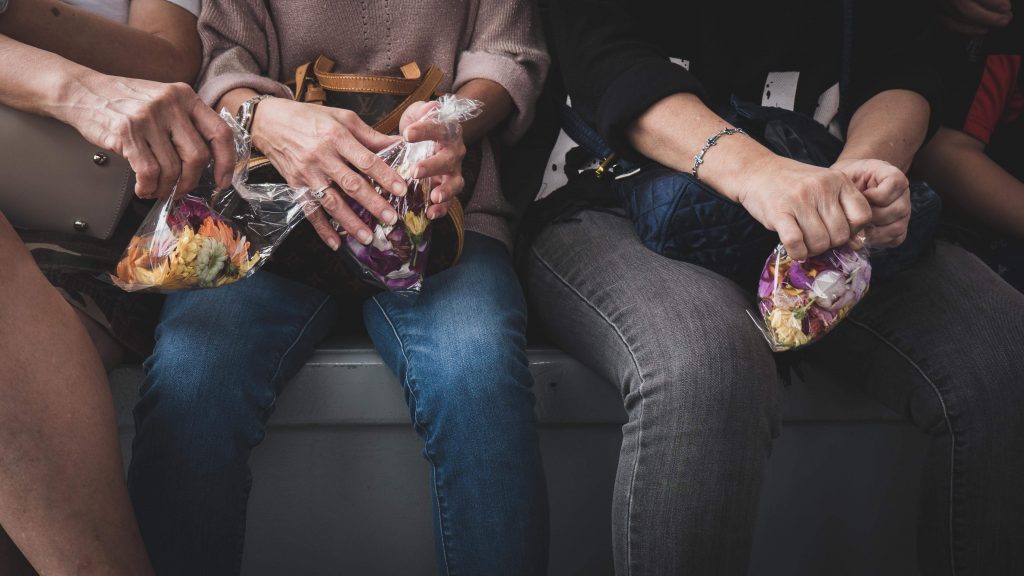
S: I noticed that your proposal only covers Singaporeans, and I’m wondering about groups who would thus be excluded from MUBI—say, migrant spouses on Long-Term Visit Passes, who might be married to Singaporeans, and are often in dire financial straits themselves. Why was the parameter set as Singaporeans, and what groups are left out by this?
W: Yes. PRs, people on LTVPs—these are all groups that would be left out by a policy like this. One reason why we conceived of it as Singaporeans is that this pretty much follows the same principle of other universal payments being made, like the Solidarity Payment, which are designed for Singaporeans only.
But you’re right, there is a gap there, and there is an interesting question about whether this gap should be met by governments or charities. I don’t have a good answer for this right now. But there’s a broader question behind this, which I don’t think this has been well settled in Singapore: to what extent should welfare benefits be conditional on nationality, versus you just having to exist as a person in Singapore for whatever reason?
S: We’ve seen that in Portugal, for example, social assistance schemes have been temporarily extended to non-citizens at this time.
W: Different countries have different approaches to this. There are some which take Singapore’s approach, where you only get welfare if you’re a citizen, but there are also other jurisdictions which say: if you show up, I won’t ask for your ID, but I will give you food or grocery vouchers or whatever. I don’t have a good answer for what the best approach would be right now.
Q: We proposed [keeping it to] Singaporeans because the focus would be between MUBI and other means-tested programmes, so we wanted the focus to be that rather than the population it covers.
This is not reflective of our personal positions on whether, say, foreign spouses should be covered. To me, we should cover everyone, because we are able to. But if this undermines support for a general social protection, then we have to bear this cost in mind. So once we get past the discussion about whether a more universal kind of social protection is good for the country, then we can start discussing the other groups we can extend this to, as you’ve pointed out.
There’s no reason why foreign spouses shouldn’t, beyond moral hazard, but that’s the thing about Covid: it makes moral hazard an obsolete argument, because no one expected this, and no one can control what’s happening right now.
So it really begs the question: are we only able to support other citizens after we support our own, or is that by supporting others, we definitely support our own?
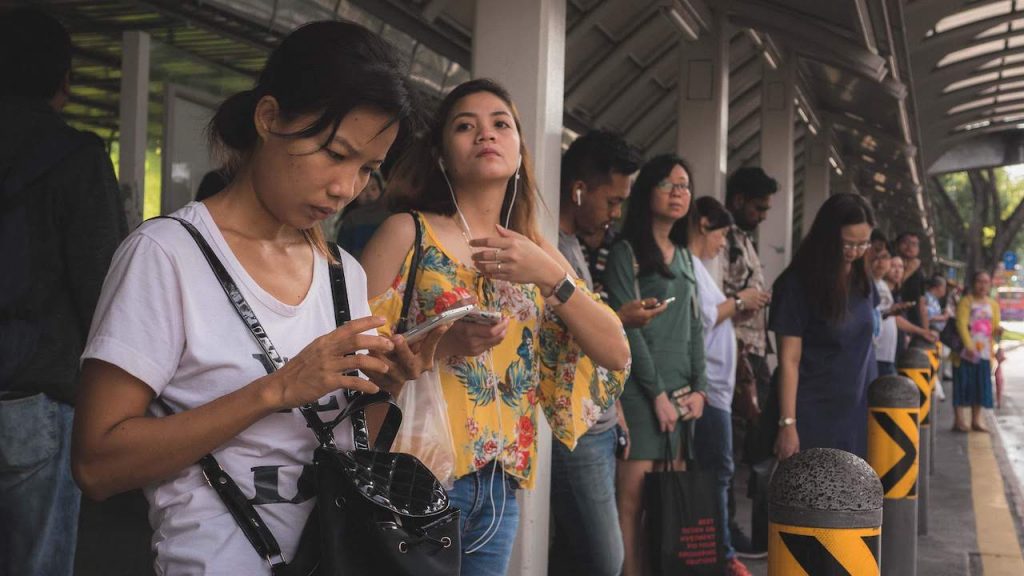
S: On the general point about supporting others, are there other reasons why people—especially median to higher earners—should back MUBI, beyond just appealing to them to be empathetic?
The example that comes to mind is what’s going on now with migrant workers. We’ve seen that for a long time, for a lot of people, rights-based arguments haven’t been persuasive. Even with things as bad as they are now, moral arguments often have to be accompanied by more mercenary or practical ones: we need migrant workers because our economy needs them, and so on.
W: Well, if you’re a high-income earner, putting aside the arguments for doing this on social justice or distributive grounds, I think the most practical argument is that most high-income earners know that their asset values and ability to earn a high income really depend on social stability and the rest of society not suffering too much disruption. If there’s a lot of disruption, that either threatens the security of your assets and income, or leads to even more radical pushes for social change.
So there’s a practical reason for high-income earners to be interested in social protections that make people who aren’t as well-off better off. If you agree that you have a practical interest in that, then the question must become: how do I do this in the most efficient way possible? As a high income earner, you wouldn’t be interested in solutions which waste a lot of money.
I honestly think that at a time like this, MUBI isn’t a bad way of trying to solve this problem cost-effectively. Even though you end up giving everyone money, you collect it back through taxes, and you get to save money on the problems we mentioned earlier, like administrative costs and means-testing. You also free up resources to try and solve problems beyond just means-testing. So from an efficiency, self-interest perspective, I think there are reasons to agree with this even if you’re a high-income earner and you end up paying a lot for it.
For median-income earners, the argument is mostly mechanical. If it ends up that you don’t need MUBI, that’s all well and good. You end up paying about the same in taxes as you will receive in benefits. But if you do end up needing it, you’re going to be really grateful that we took the money from next year and gave it to you right now.
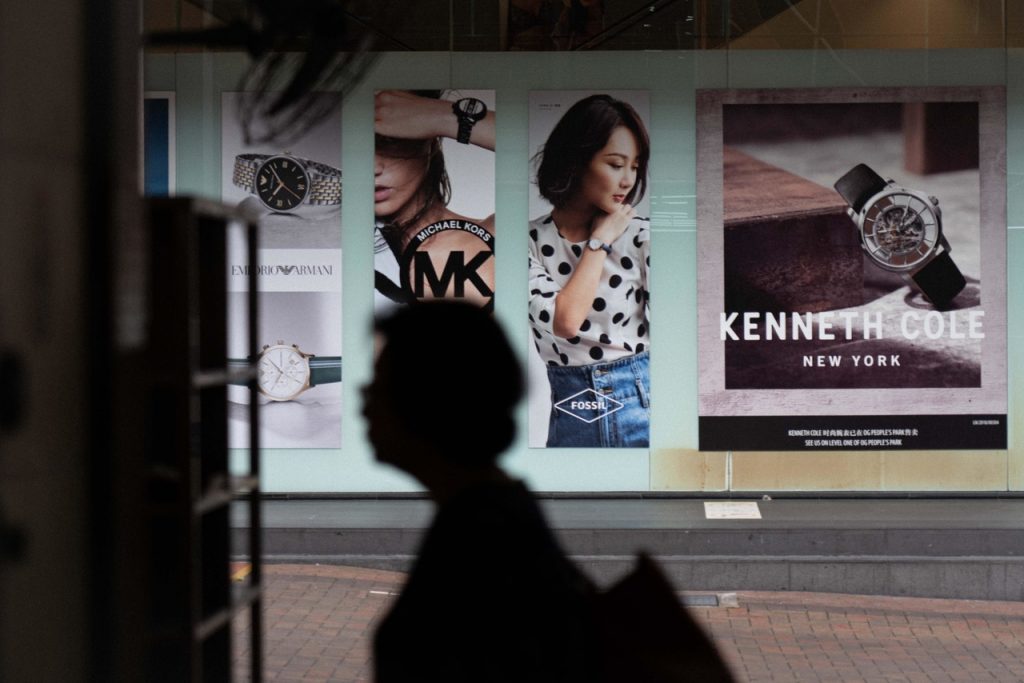
S: In the last few years, we’ve seen growing public interest in inequality and Singapore’s social compact, and I’m curious if you think Covid-19 has helped move the needle on this. Do you think that, as a result of Covid-19, we’ll see more appreciation or awareness of the need for social protections going forward?
Q: Covid-19 has been like a magnifying glass for many countries, not just Singapore. It really increases the visibility of gaps and the fragility of the systems we currently have, and how unprepared we are for a situation like this.
One of the things we were thinking about was this: suppose that we have a lot of social protections to tide us through Covid-19. When we recover from the pandemic, are we going to attribute our recovery to individualistic reasons, or social protections? This is very unclear. It’s just human nature to attribute success to ourselves, and not to structural support.
An example to ponder here is the Black Death. In England, after the Black Death happened, wages went up, but this was mostly because of the market. There were less people who could be hired to work, so you had no choice but to pay them more.
However, because some people really wanted things to go back to the way they were, especially people with more resources, the government started to curb wage increases in the end. So the Black Death, which was a really terrible situation, should have helped people to appreciate lower-income groups and the importance of their work. But in the end, people quickly reverted to self-interest, and things went back to the way they were.
[The sorts of changes we might see because of Covid-19] depend on how serious we are about remembering this experience. The problem is that social distancing makes a lot of experiences less visible, so we’re just reading about vulnerable people; we’re not really seeing the impact that Covid is having on them. Even though the situation is severe, there’s this counter-force reducing its impact. I’m honestly not sure.

W: I’m hopeful that the narrative people tell themselves about how they came through this time will be more socialistic and less individualistic. I say I’m hopeful, because I don’t know if this will actually happen.
The reason why I say ‘narrative’ is that in the end, our support for social policies, or the kind of government we want, is often based on the stories we tell about our own lives, and how we came to be successful or failed or whatever. If someone comes through this successfully, as Qiyan was saying, I would hope that the narrative is: I pulled through because of the support of society.
So okay, imagine the worst happens to you. You get Covid-19, a serious case, and you end up in the ICU. What are you going to say when you come out? Are you going to say, ‘oh, I pulled through because I’m a strong and healthy individual and I was fighting to survive’? Or do you say, ‘I pulled through because the doctors and nurses and my family rallied around me and never gave up on me’?
If as a society, all of us start saying ‘We survived because we were good, we worked hard and saved money, we did everything possible…‘ then I think we’re done for. Because in spite of this terrible situation, which we’ll only get through if we’re all in it together, we ended up still telling ourselves the same story that it’s just because of our own effort.
But if more of us start telling the narrative that we pulled through because we supported each other, because other people helped me survive, then I think we’ve got some room for change.
Q: This brings to mind something else: whether you attribute your success to social protections or your own efforts really depends on how generous the social protections are.
For example, Covid-19 patients who go to the hospital see the generosity of the doctors and nurses who worked tirelessly to care for them. This is very difficult for them to ignore, so they might really change their views. But in terms of financial assistance, if we keep doing this in dribs and drabs—$100 here, $50 there, from various people, with a lot of means-testing and judgement—then how would we not think that any sort of success is due to our individual efforts, rather than social protections or privilege?
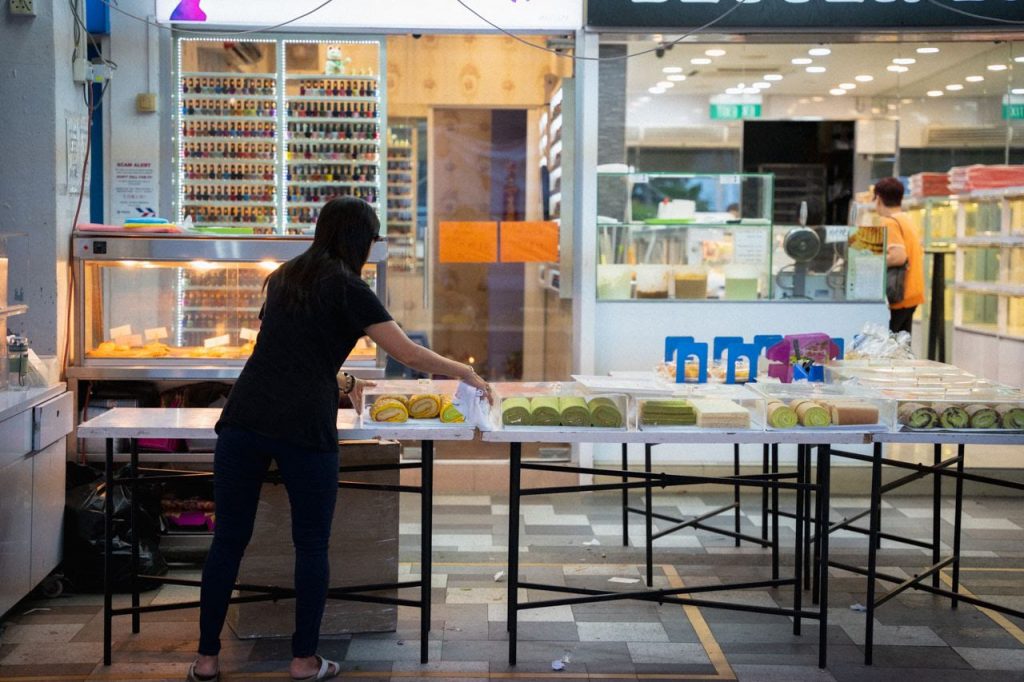
S: Covid-19 has brought up a lot of talk about how this is a time to be ambitious, and to reconsider some of the things we’ve historically prioritised, like efficiency. So even if MUBI doesn’t get passed in this round, or it’s some time before we see action on this front, what sorts of shifts would you like to see in our social welfare policies?
Q: That’s a big question. Personally, I feel that in the long run, rather than focusing on who is taking advantage of the system, we should be more worried about whether hard-working people can have a good life in Singapore. If I don’t have a good education, but I’m hard-working, will I be protected in times of crisis? Will people help me, or will I struggle from one crisis to another?
Effective social policies should ensure that hard-working people do not need to struggle to make ends meet. Most people can tell whether they are working hard. When they are, and yet they struggle to make ends meet, it’s not right for us to turn our backs on them and convince them that they are struggling because they’re not working hard enough.
For example, we cannot tell someone who is working ten hours a day that they’re not working hard enough and they should get a second job. When we meet someone like this, we must wake up to the fact that there are gaps in our social policies and seek to improve them. If we are worried about that one person who tries to take advantage of our social assistance schemes, we should be doubly worried about meeting a hardworking person who is struggling to make ends meet, because our child may end up like him or her.
The current discussion often still focuses on gatekeeping public money, but I think the way to evaluate the effectiveness of any policy should also be whether hard-working people can make it, rather than what people might be doing to game the system. But it seems that we often focus on the latter rather than the former.
W: I think this is related to a rather long-standing debate on social mobility, and the argument we sometimes have in Singapore, which is that ‘all we really need is social mobility’. In other words, as long as we have social mobility, hard-working people will rise to the top and everything will be fine.
I think there’s nothing wrong with social mobility, but we shouldn’t let a focus on this blind us to the fact that there can be very severe problems with people who are in lower-income groups and work hard, but cannot access social mobility. We should not say that the system is fine just because a certain percentage from the bottom can rise to the top, if the rest of the people at the bottom are still doing extremely badly even though they’re working hard. That’s not quite right. So I think social mobility is an important metric, but we should never forget that we need to level up the bottom, even if some are able to make it to the top. You really do have to level up the bottom.
What are your thoughts on MUBI? Let us know at community@ricemedia.co.

